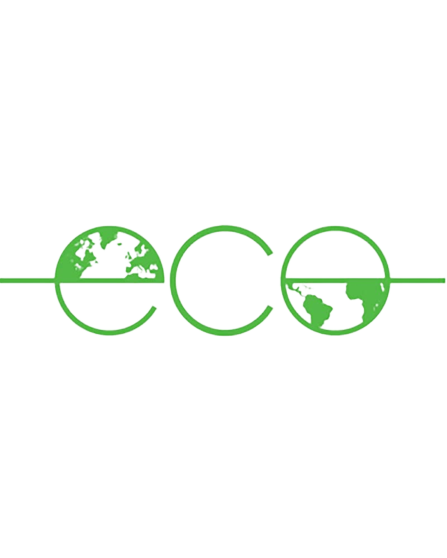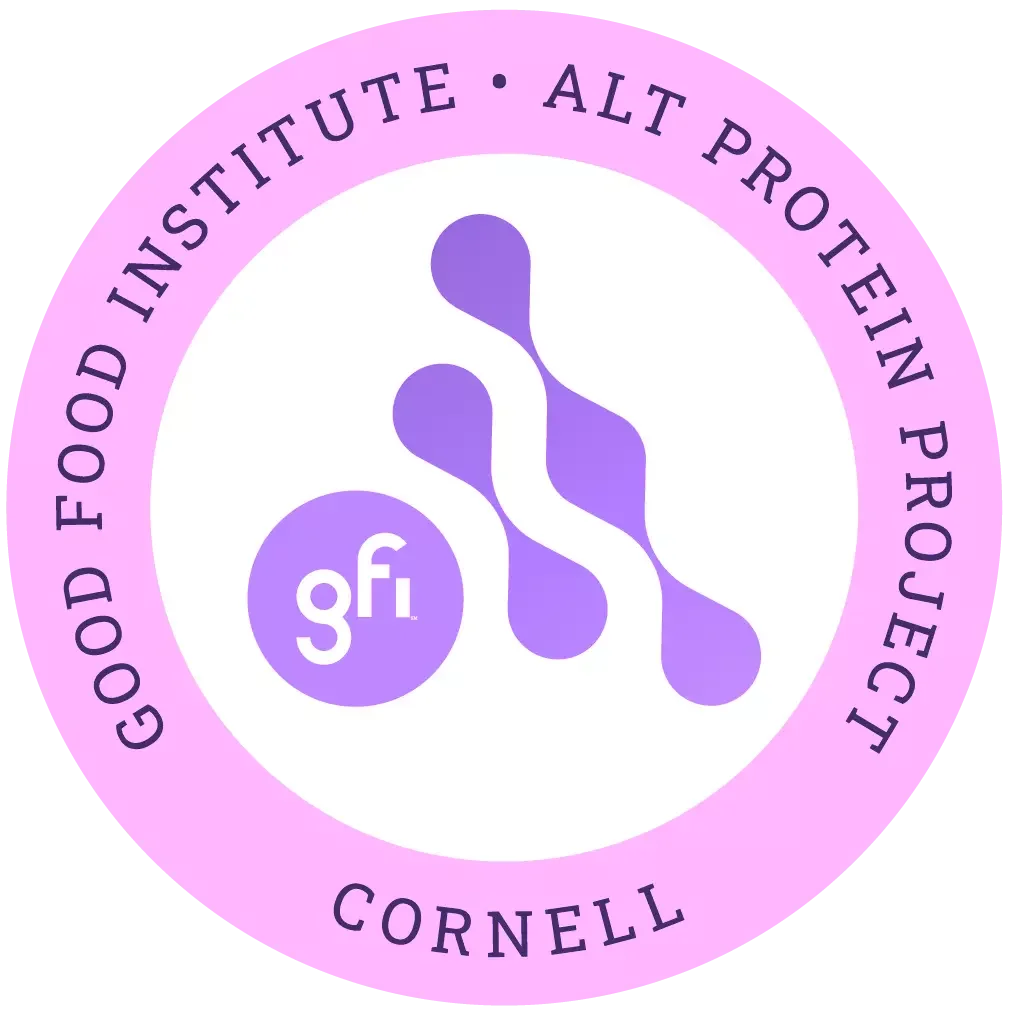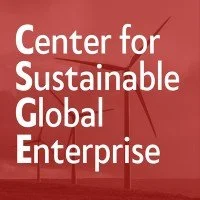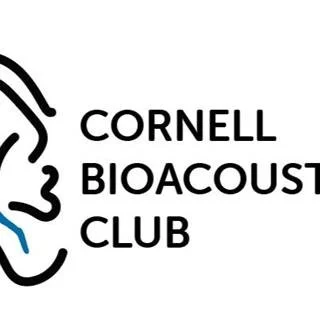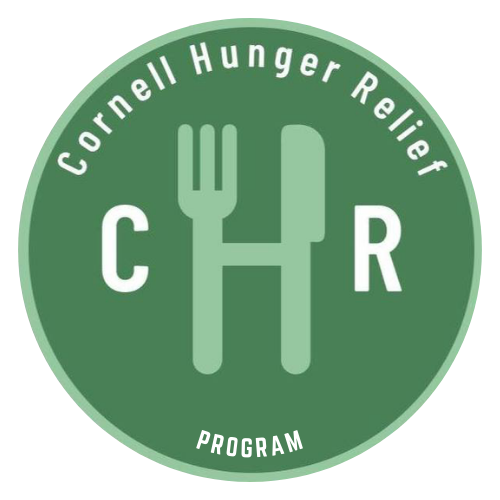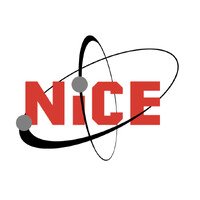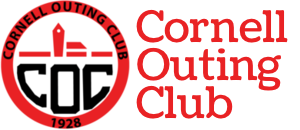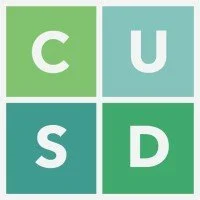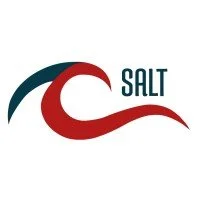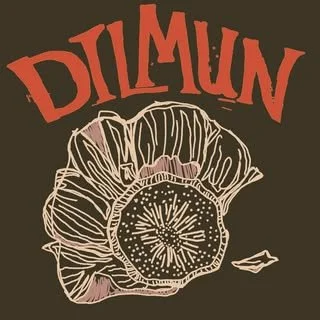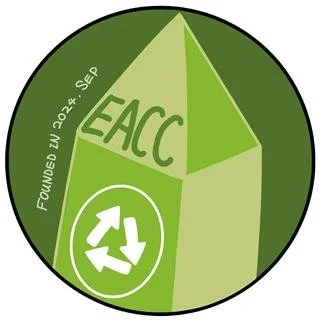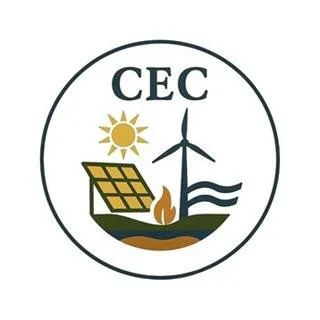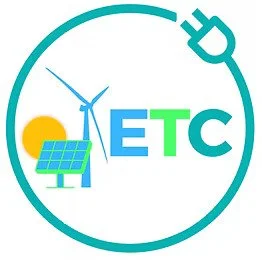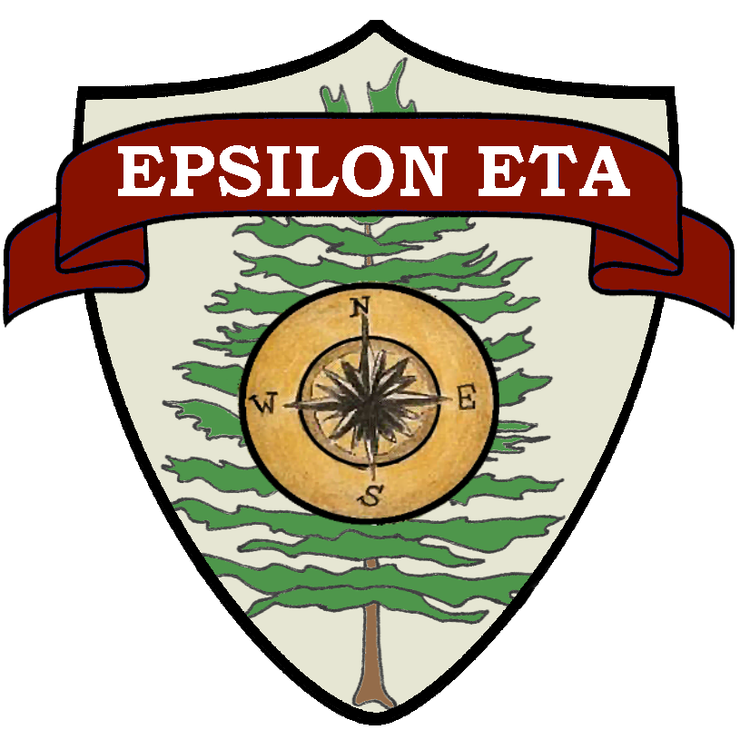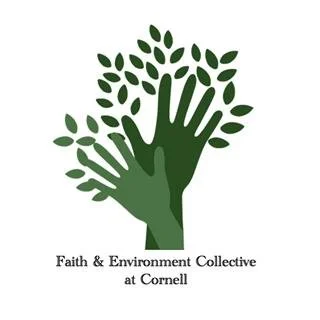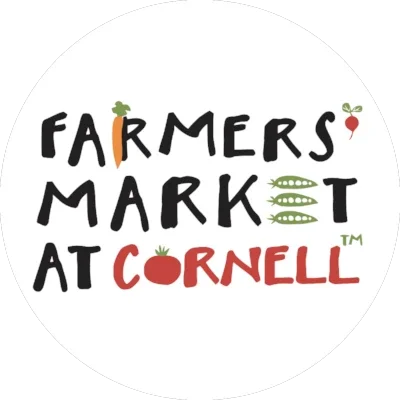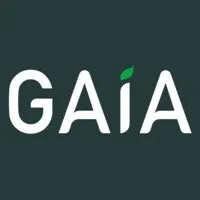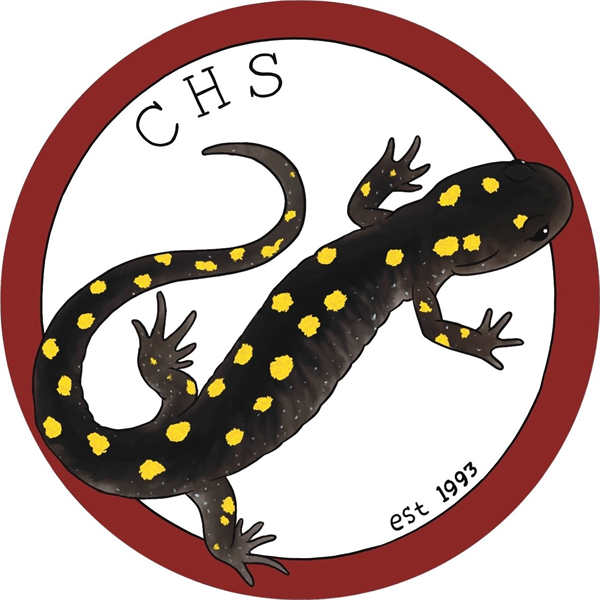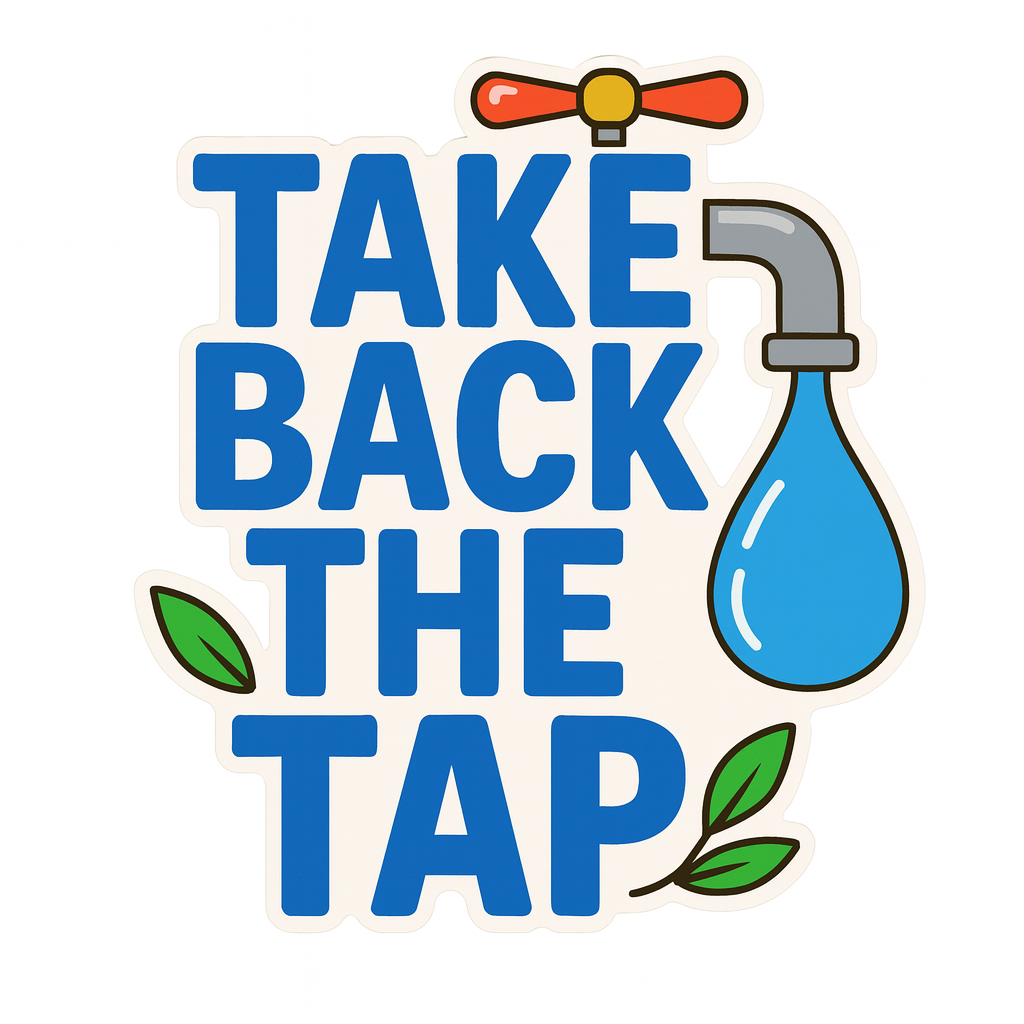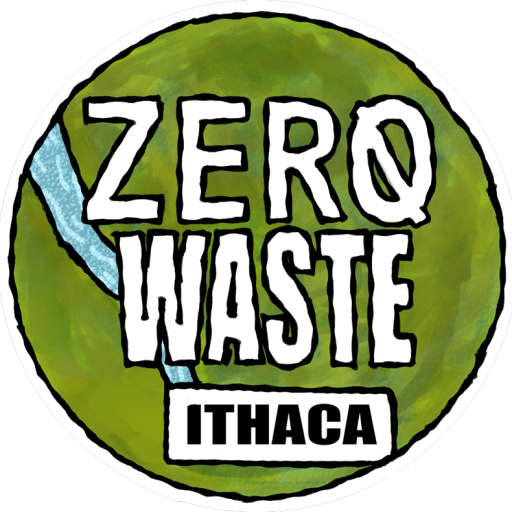ORGANIZATIONS
Learn more about the unique organizations in our collaborative!
AguaClara is an engineering project team at Cornell that develops sustainable water and wastewater treatment technologies. AguaClara Cornell pioneers research in community-scale water treatment technologies and has partnered with AguaClara Reach and other local organizations to build fourteen AguaClara plants that provide safe water on tap to over 65,000 people.
Contact: aguaclara@cornell.edu
The purpose of THE ALT. PROTEIN PROJECT at Cornell shall be to create an inclusive space for research and interest in the alternative protein field among all Cornellians, encouraging a student-led movement towards addressing sustainability, food insecurity, and nutrition.
Contact: vg244@cornell.edu
Anabel’s Grocery provides fresh, nutritious, and affordable food for all Cornell students and educational programs that emphasize the relationship between quality food, health, justice and sustainability. By collaborating with diverse student organizations and local food producers, our student-run, not-for-profit store is a learning lab in social entrepreneurship, dedicated to creating an equitable and ecologically-sound food system.
Find out how to get involved here.
Contact: anabelgrocery@gmail.com
The purpose of the Animal Rights Alliance at Cornell shall be to provide a space for individuals of all backgrounds who have an interest in ending suffering and exploitation of all animals, through advocacy, education, outreach, campaigning, and a plant-based lifestyle. CARA seeks to increase the accessibility of a plant-based diet and help individuals explore the world of plant-based eating.
Cornell Bee Club is a group that is dedicated to teaching the art of beekeeping and learning about bees. Bee Club has about eight hives located at Dilmun Hill Student Farm, and is open to students, faculty, staff, and community members. Past events have included hive inspections, soap making, frame-building, candle-making, honey extraction, and visiting local apiaries and workshops.
Meeting Time: Every other Monday from 5-6 PM, Plant Sciences Building 404.
Contact: beeclubcornell@gmail.com
Cornell Big Red Bikes provides a service through which students are able to rent bikes. The infrastructure of the service is provided through Zagster, and prices for renting the bikes are listed on their website. Bikes can be dropped off at any of five locations on campus after you are done using them. Those who are members of the clubs may join in on trips to the Botanical Gardens and screenings of various biking-related films.
Center for Sustainable Global Enterprise
Housed within Cornell University's SC Johnson Graduate School of Management, the Center for Sustainable Global Enterprise is focused on the unique role the private sector plays in developing market-based solutions to social and environmental challenges. Through research, teaching, and engagement, the Center engages faculty, students, staff, alumni and professionals committed to advancing knowledge and practice business in the context of sustainability.
Contact: CSGE@cornell.edu
From their website, their mission is to “explore the fingerlakes region through sound, connecting people to the nature around us acoustically. We want to reach out between disciplines to make the acoustical world as accessible as possible and connect people of all pursuits: artists, engineers, scientists, and the local community to explore, celebrate, and share the nature that surrounds us.”
Contact: cornellbioacousticsclub@gmail.com
With around 150 student members, the Cornell Birding Club gives students a chance to meet other students interested in birds, connect with local birding opportunities, and go on occasional club birding trips.
Contact: st738@cornell.edu
Compost Managers (CMs) is a program for students who want to reduce food waste on campus by educating their peers and managing compost buckets in residential communities. By serving as a CM, you are ensuring that you and your neighbors have the ability to compost food scraps and napkins where you live. Buildings with multiple Compost Managers will have more kitchen compost locations spread throughout the community, as each CM oversees one kitchen compost bucket. Responsibilities include: emptying and rinsing out compost buckets weekly, ensuring zero contamination, and communicating with residential staff and the Campus Sustainability Office when needed.
Contact: compostcornell@gmail.com
Cornell Computer Reuse Association (CCRA)
The Cornell Computer Reuse Association (CCRA) is a Cornell student group whose mission is to donate computers and other computer-related technology to humanitarian organizations in the developing world, the local Ithaca community, and elsewhere.
We collect and refurbish computers, and then donate them to community centers, orphanages, schools, and other organizations.
Since 2006, we have donated over 5,000 computers at no cost to outstanding organizations all over the world.
Contact: ccra@cornell.edu
From their website, “Our purpose is to foster communication and collaboration among Cornell faculty, graduate students, and undergraduate students in the energy field. To foster discussion surrounding relevant modern and future issues related to energy. Develop a student-faculty-alumni network within the greater energy community on and off-campus, especially with commercial entities that have not been traditionally represented at previous Cornell recruitment events.”
Contact: hsd36@cornell.edu
Cornell Hunger Relief Program works to learn about local and global food systems and to address hunger issues in Ithaca and Tompkins County by facilitating food drives to benefit local food pantries.
Contact: cornellhungerrelief@cornell.edu
Cornell NiCE (Nuclear is Clean Energy)
From their Linkedin: “Cornell’s Nuclear is Clean Energy (NiCE) student chapter was founded to bring together passionate students interested in the future of nuclear power. NiCE provides opportunities to explore advanced nuclear technologies and their intersections with engineering, policy, healthcare, and advocacy. Through events, industry connections, and hands-on learning, we aim to equip students with the knowledge and network to pursue impactful careers in clean energy and beyond.”
Contact: dam378@cornell.edu
From their website, “We are a student run group focused on organizing outdoor trips for the Cornell community. We believe that the outdoors should be accessible to everyone so we provide trips, lessons, and gear rental for no cost to members. Our outings include hiking, biking, rock and ice climbing, paddling, snow sports, and other adventures. Explore our website and consider becoming part of the coolest club on campus!”
Contact: coc-exec-l@cornell.edu
Cornell Student Athletes for Sustainability
From their website: “The mission of our organization is to build a strong community of student-athletes who simultaneously develop a sense of awareness and active responsibility surrounding sustainability in athletics and beyond. Through student-led projects, integration of sustainable practices, and acts of community service, we aim to help mitigate climate change and other environmental issues our world faces. The desired result of this organization — widespread attitudinal and behavioral change amongst the athletic community, through efforts by individual players and their teams — will help us reach university sustainability goals, serve as a model for our peers to follow, and positively impact the greater Ithaca community & future generations.”
Contact: eap268@cornell.edu
Cornell Sustainability Consultants
Cornell Sustainability Consultants (CSC) is dedicated to driving positive environmental and social change through practical and impactful solutions. We offer pro bono consulting services to local organizations, small businesses, and industry experts, helping them tackle today’s most pressing sustainability challenges.
Contact: sustainability.cornell@gmail.com
Cornell University Sustainable Design
From their website, “Founded in 2009, Cornell University Sustainable Design (CUSD) is a student run, interdisciplinary project team with a bias towards impact. We bring together students from across all seven colleges to work alongside renowned faculty and knowledgeable professionals in our mission to create a network of proactively sustainable communities.”
Contact: cusd@cornell.edu
Dilmun Hill is a student-run farm at Cornell University that fosters community and empowers students through active engagement in ecological agriculture, research and outreach and provides opportunities for experiential learning. Dilmun Hill provides extensive opportunities for students and community members to engage in hands-on, farm-based learning with their peers. The farm is an educational resource for Cornell and the greater Ithaca community, offering diverse opportunities for student involvement through research, management, and volunteer assignments on the farm. The educational experiences at the farm include numerous class tours, workshops, youth groups and labs, enabling hands-on learning at CALS and the University at large.
Contact: dilmunhillstudentfarm@gmail.com
From their website, “Eco House exists to further sustainability, animal welfare, plant cultivation and appreciation, ingenuity, environmental education, inclusivity, and community. We commit to having an enthusiastic atmosphere, educational programming, committees, and sustainable lifestyles. We will expand our impact through outreach, collaboration, and participation in the wider Cornell community as Eco representatives. In doing so, we will act as an environmental hub for campus.”
Contact: EcologyHouse@cornell.edu
The Eco Artivism Club at Cornell is dedicated to promoting sustainable living through creative, art-based solutions to environmental challenges. Our mission is to inspire climate action and sustainable practices by harnessing the power of art to evoke emotion, spark dialogue, and drive change. Through workshops, exhibitions, and collaborative projects, we aim to equip the Cornell community with creative tools for a more sustainable future.
Contact: ecoartivism@gmail.com
We are a diverse array of graduate students who share a passion for the energy industry and understanding the trends shaping it. Our alumni work in all aspects of the industry and in many different functions. The club is organized by Cornell University MBA students. This organization is a registered student organization of Cornell University
Contact: cornellenergyclub@cornell.edu
An undergraduate organization focused on empowering members to become leaders in the energy transition by providing knowledge, resources, and career development opportunities.
Through a comprehensive New Member Education program, analytical project teams, site visits, and networking events with industry professionals, our members increase their knowledge & experience base in preparation to thrive in the ever-changing world of sustainable energy systems.
Contact: energytransition.cornell@gmail.com
Engineers for a Sustainable World (ESW)
Engineers for a Sustainable World - Cornell University Project Team works to forge innovative changes in sustainability technology and education. Our students are empowered to challenge barriers to sustainable living around the world.
ESW follows the mission statement of ESW-Global, which is as follows:
“We strive to empower students and professionals to tackle sustainability challenges. We work towards a sustainable world supported by a network of passionate engineers. Our goals are as follows:
1. Design and implement hands-on sustainability projects across the globe.
2. Educate students and practicing engineers on sustainability best practices.
3. Unite those passionate about sustainability in a productive international network.”
Contact: eswprojectteam@cornell.edu
From their website, “The purpose of Epsilon Eta is to create a networking environment that enables members to utilize the fraternity’s resources as they pursue their postgraduate plans in fields involving sustainability. We seek to bridge the gap between environmentalism and professional or business fields. In this process we strive to foster a conscious awareness of the intrinsic relationship between people and their environment through professional development, the community, and service.”
Contact: epsilonetacornell@gmail.com
Faith & Environment Collective
The Cornell Faith & Environment Collective is a vibrant community of Christian graduate students, faculty and staff who are seeking to tackle ecological justice and environmental challenges within their fields while living out their faith in their lives and work. While the group is aimed toward the graduate community and those identifying as Christian, any and all are welcome.
Christianity, the world’s largest religion, includes numerous lessons about stewarding nature, caring for one’s neighbor, and seeking justice. However, in the US, conversations about Christianity and the environment are frequently tense and politicized. Moreover, Christians may focus on the environment as a “thing” rather than recognize the ways environmental negligence deepens human poverty and inequalities. The Faith & Environment Collective seeks to change the narrative around Christians and the environment, in part by fostering change from within. The group holds working group discussions, church workshops across Ithaca, and an annual event featuring a visiting speaker geared toward the Cornell and Ithaca community.
Fantastic Fungi Fanatics creates a platform for people to share their passion for fungi. Our goal is to allow more people to familiarize themselves with the scarcely explored mystical world of decay. We arrange trips to forage and identify different fungi, host many inoculation workshops where everyone can cultivate various types of mushrooms, and host speakers all connected to the world of fungi from different ends.
Contact: cornellfff@gmail.com
Farmers Market at Cornell (FM@C)
From their website, “Our mission is to organize and plan a weekly Farmers' market on Cornell's campus that allows for students, faculty, staff and the local community to come together to purchase and enjoy local goods and products. The Farmers' Market at Cornell is working to bridge the Ithaca community and Cornell, while building a greater appreciation for food that is fresh and locally sourced.”
Contact: cufarmersmarket@gmail.com
From their website, “The Food Recovery Network promotes social welfare and attentive food-use by redirecting extra foodstuffs from Cornell's dining facilities to local food pantries. The focus of our group is to ensure that lower income areas have a dependable supply of nutritious meals. Our organization bridges Cornell and Ithaca providing an opportunity for students and locals to work together in shared commitment to fight hunger and reduce waste.”
Contact: cornellfrn@gmail.com
Global Action Impact Association
Our mission at GAIA is to promote individual and group exploration into sustainable technologies to maximize positive impact for communities in need.
Contact: gaiacompetition@gmail.com
Green Club is a service that helps you reduce your carbon footprint by supporting projects that reduce carbon dioxide emissions. By being a member, you can receive perks from partnership businesses like free bus rides and coupons (all partners are listed on their website).
Contact: info@joingreenclub.com
A student-run organization of puppy raisers, puppy sitters, and supporters of Guiding Eyes for the Blind. They hold several events on campus to raise money for and socialize their puppies. Those living on campus can apply to be ‘pet sitters’, while those off-campus can become ‘raisers’.
Contact: guidingeyes@cornell.edu
The Herpetological Society at Cornell (CHS) is an undergraduate student organization that aims to connect students who are interested in reptiles and amphibians with each other, herpetological research, and the larger community. Additionally, we hope to spread awareness and information about reptiles, amphibians, and conservation through outreach events with local communities, and combat the prejudices and misconceptions that exist about these animals. Our goal is to create a community where students can learn more about herps, go herping together, and connect with other people who are interested in herps, by presenting guest speakers at our meetings, organizing local field herping trips and surveys, and conducting outreach events with live animals. Finally, we hope to both support and connect students with opportunities to engage in scientific research related to the natural history and conservation of reptiles and amphibians.
Contact: cuherpsociety@gmail.com
“We grow a wide variety of houseplants on campus in the Kenneth Post Lab greenhouses. We hold weekly plant sales to maintain greenhouse costs, fund educational horticulture trips, service projects, and community social events. Past trips have been to Costa Rica, Longwood garden, Puerto Rico, Holland, and Florida. We also hold a variety of social events during the year with other interests groups.”
Contact: hortusforum@gmail.com
Cornell Hydroponics aims to bring together students with a passion for advancing agricultural technology through the use of hydroponics.
Contact: hydroponics-club@cornell.edu
From their website, “Mayor Potencial goes the distance to serve destitute rural Honduran communities and develop lasting partnerships for lasting impact. We inspire volunteers to disseminate social change and empower youth in Honduras through education. At the heart of our mission is the voice of those we serve.”
Contact: mayorpotencial@cornell.edu
Nature Rx @Cornell is a dynamic and growing movement, represented by numerous individuals and units at the university, who have come together with a shared passion for the ways in which the natural beauty of our campus can positively impact every person's well-being.
Contact: naturerxatcornell@gmail.com
Nexus is a student-run project team on campus that aims to create novel technologies to be deployed by global organizations for social impact. Currently, we are building a solar-powered robot that filters microplastics while autonomously traversing beaches, picking up what cleanup volunteers can’t. The amount of plastic pollution has been rising readily. Nexus’ goal is to be a significant actor and leader in the fight against such environmental pollution. Our team has been working hard to make our vision a reality for global impact through the interdisciplinary collaboration between mechanical, electrical, and software engineers, as well as the business development and outreach team. Most importantly, we hope to increase research and awareness around the intersection of technology and environmental sustainability to do our part in saving our planet. As our team expands, we plan to tackle global issues and engineering challenges to create a positive social impact on our planet.
Contact: nexus@cornell.edu
Outdoor Odyssey is a completely student run organization designed to help incoming Cornell freshmen and transfer students adjust to a new college experience. The program offers a variety of outdoor preorientation programs, led by specially trained upperclassmen guides, each August. Odyssey strives to maintain inclusivity and welcomes participants of all levels of outdoor experience.'
Contact: coe.odyssey@gmail.com
Residential Sustainability Leaders (RSLs)
We are a student organization who wants to create real change in the Cornell community in the areas of climate change, sustainability, and environmental justice.
RSLs work in collaboration with the Campus Sustainability Office, Cornell Dining, Housing & Residential Life, and multiple other departments to identify issues, foster sustainable behaviors, and implement real solutions to advance sustainability within Cornell's residential communities.
Contact: rslcornelluniversity@gmail.com
Snodgrass and Wigglesworth, Cornell Undergraduate Entomology Club
Cornell University's Undergraduate Entomology Club. Promotes the study and appreciation of invertebrate organisms throughout Cornell and the Ithaca area.
Contact: SnodWiggs@gmail.com
Social Enterprise Group at Cornell (SEGC)
From their website, “Social Enterprise Group at Cornell (SEGC) is an undergraduate student organization at Cornell University dedicated to market-driven solutions to social issues. We realize this mission through student education and hands-on consulting experience with socially responsible organizations and businesses.”
Contact: socialenterprisegroup@cornell.edu
Society for Natural Resources Conservation (SNRC)
The Society for Natural Resources Conservation is dedicated to protecting and preserving the natural world all around us from a wide variety of threats. We recognize that our environment faces perils on almost every front but particularly concentrate our efforts on issues of human consumption of natural resources. We perform clean-ups around campus and along the gorge trails, and have partnered with TerraCycle to further reduce waste at Cornell.
Contact: sw38@cornell.edu
Student Assembly Environmental Committee
As per their website, the SAEC “creates new legislation and enforces past environmental legislation; provides environmental education and outreach in order to better inform students and the campus community about the environment and relevant issues.”
From their website, “The Sustainable Cornell Council (SCC) is Cornell University’s sustainability governance committee for the Ithaca campus, responsible for directing and coordinating Cornell’s role as an international leader in addressing climate change and sustainability, advancing meaningful progress in our operations, and advancing active engagement from the campus community.”
Contact: sustainability@cornell.edu
Sustainable Enterprise Association (SEA)
From their website, “We want to educate, make change on campus, and provide members with opportunities to learn from businesses that have a mindset for social and environmental responsibility. SEA brings together undergraduate Cornell students interested in understanding how innovation and entrepreneurship form the core of a sustainable global enterprise.”
Contact: cornell.ug@netimpact.org
Take Back the Tap is a student-led sustainability initiative at Cornell University that works to reduce single-use plastic water bottle consumption and normalize the use of safe, accessible tap water on campus. Our mission is to educate the Cornell community about the environmental, health, and equity impacts of bottled water while promoting refill culture through peer-to-peer outreach, tabling events, classroom visits, and visible campaigns like reusable bottle stickers and informational materials. By making sustainable choices easy and visible, we aim to shift everyday habits and support Cornell’s broader sustainability goals.
If you have any questions or would like to get involved with the initiative, please contact Kamila Muraharisetti. (kxm2@cornell.edu)
The mission of the Varsity Botany Club is to inspire an appreciation for the value of botany in our world, to develop knowledge of diverse botanical topics, to promote the pursuit of excellence in botanical science, and to explore the interconnectedness of biological life on Earth. We promote our mission by hosting botanical lectures, games, field trips, activities, and social events that unite club members, creating a close community driven by our passion for plants.
Contact: varsitybotanyclub@gmail.com
The objective of this organization is to promote students' awareness of wildlife ecology and conservation.
Contact: tws@cornell.edu
The mission of Zero Waste Ithaca is to foster a culture of zero waste and promote zero waste policies for the benefit of residents in the broader Ithaca, New York area and beyond. The organization serves local communities by prioritizing waste prevention through reduction and reuse while raising awareness about the full lifecycle impacts of plastics, including pollution, contamination, and public health risks from toxic chemicals. We support the transition to sustainable, reusable systems and empower Ithaca-area residents to achieve a zero waste future.
